2019
Huawei banned from Google apps/services
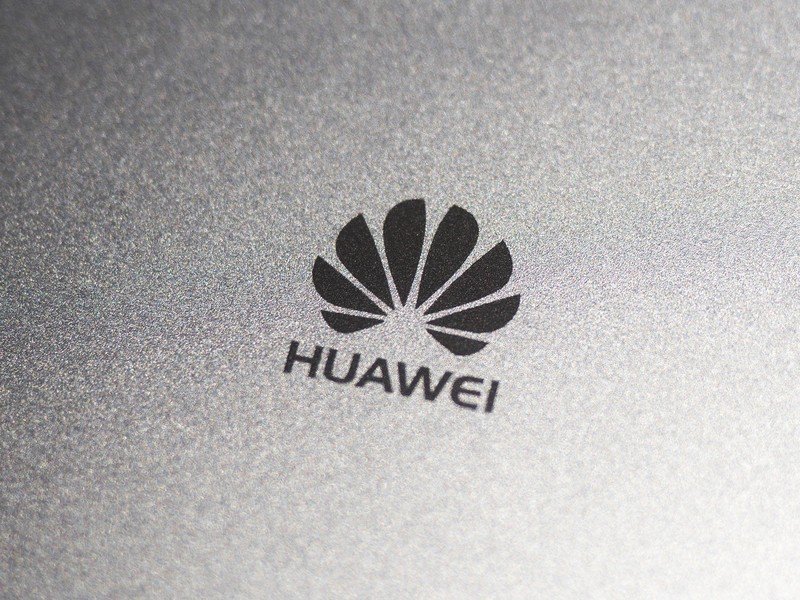
If there's one story from 2019 that sticks out the most, it has to be the drama regarding Huawei being placed on the United States' entity list. The hammer came down on May 19, with an executive order from the U.S. Commerce Department placing Huawei on a trade blacklist.
This had a lot of ramifications for the company, with the biggest hit being the fact that it resulted in Huawei not being able to use Google apps or services on new phones. The effect of this was first seen with the Mate 30 and Mate 30 Pro, both of which shipped without any connection or tie-ins to Google and any of its apps.
Huawei continued to face backlash from the United States and other countries in the months following the trade ban, with later events seeing the FCC banning government funds from being used to purchase Huawei-made telecom equipment and Huawei actually suing the FCC.
The United States got closer to reaching a trade deal with China towards the end of 2019, and while some took that as a sign that Huawei's troubles would be over, the U.S.'s beef with China is entirely separate from what Huawei is facing. In other words, expect this saga to continue well into 2020.
Google announces plans to buy Fitbit
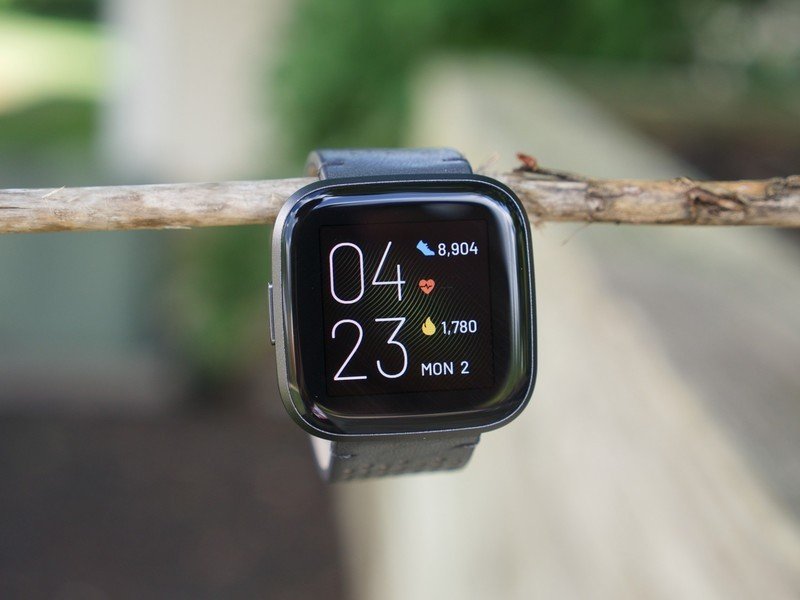
Fitbit has long been one of the most popular fitness wearable companies, and up until recently, it was its own independent company. On November 1, 2019, however, that all changed. On that date, Google announced plans to purchase Fitbit for $2.1 billion.
Commenting on the deal, Google's Senior Vice President of Devices & Services, Rick Osterloh, said:
Over the years, Google has made progress with partners in this space with Wear OS and Google Fit, but we see an opportunity to invest even more in Wear OS as well as introduce Made by Google wearable devices into the market. Fitbit has been a true pioneer in the industry and has created engaging products, experiences and a vibrant community of users. By working closely with Fitbit's team of experts, and bringing together the best AI, software and hardware, we can help spur innovation in wearables and build products to benefit even more people around the world.
The wording of that statement leads us to believe that Google will incorporate part of Fitbit — whether that be its hardware, fitness tracking tech, or both — into future Wear OS devices. Existing Fitbit trackers and smartwatches seem to be existing separate from this, at least for the time being.
Get the latest news from Android Central, your trusted companion in the world of Android
A lot of the details still remain unclear, and the deal has yet to go through officially. Everything should be wrapped up sometime in 2020, but nonetheless, even the announcement of the purchase was still one of the biggest things to happen during this year.
Sundar Pichai becomes Alphabet CEO
Google's parent company, Alphabet, hasn't seen itself in the limelight for a while. In fact, since it was formed in 2015, the overarching umbrella over Google and its other companies has sort of taken a backseat to what its individual brands are up to. That changed in 2019.
On December 3, 2019, Google CEO Sundar Pichai was appointed the new role of Alphabet CEO. In addition to Pichai now being CEO for Google and Alphabet simultaneously, this news also saw Google/Alphabet co-founders Larry Page and Sergey Brin step down from their leadership positions at Alphabet.
Page and Brin are sticking around with Alphabet as Board members and have said that they're "deeply committed to Google and Alphabet for the long term", but this still marked two tech giants taking another step back and letting other people be in control.
At the end of their letter announcing the news, Page and Brin left on a humbling and heart-warming note:
We are deeply humbled to have seen a small research project develop into a source of knowledge and empowerment for billions—a bet we made as two Stanford students that led to a multitude of other technology bets. We could not have imagined, back in 1998 when we moved our servers from a dorm room to a garage, the journey that would follow.
Android 10 gets rid of tasty treats, adds tasty features
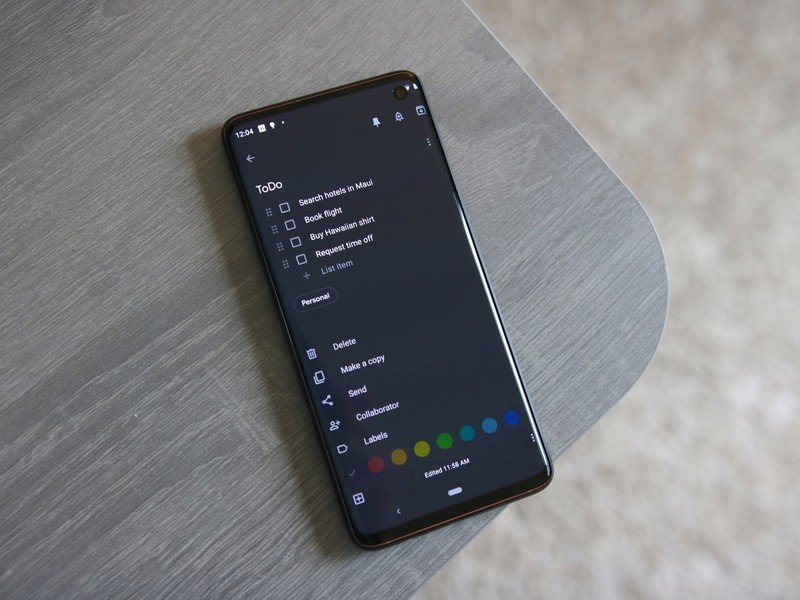
Every year sees the release of a new Android version, and while each one brings about change to the OS, some are bigger and more important than others. Android 10 proved to be one of those more important updates, and in a few different ways.
Without a doubt, the biggest draw to Android 10 was the addition of a system-wide dark mode — FINALLY! Not only does Android 10's dark mode make core UI elements easier on the eyes, but it also enables a dark theme on any apps that support it.
Something else that stood out about Android 10 was the heap of changes that app permissions got. The redesigned permissions now make it more clear what an application is asking for, along with new options for granting an app access to said permission all the time or only when it's being used. We're all for anything to give users more control over the privacy and security of their phone, so this was great to see.
Finally, and perhaps the most controversial, Android 10 marked the first Android release to ship without an accompanying dessert name. This is going to be the status quo for all updates going forward, meaning future updates will simply be called Android 11, Android 12, etc.
RIP in peace: Google+ shuts down
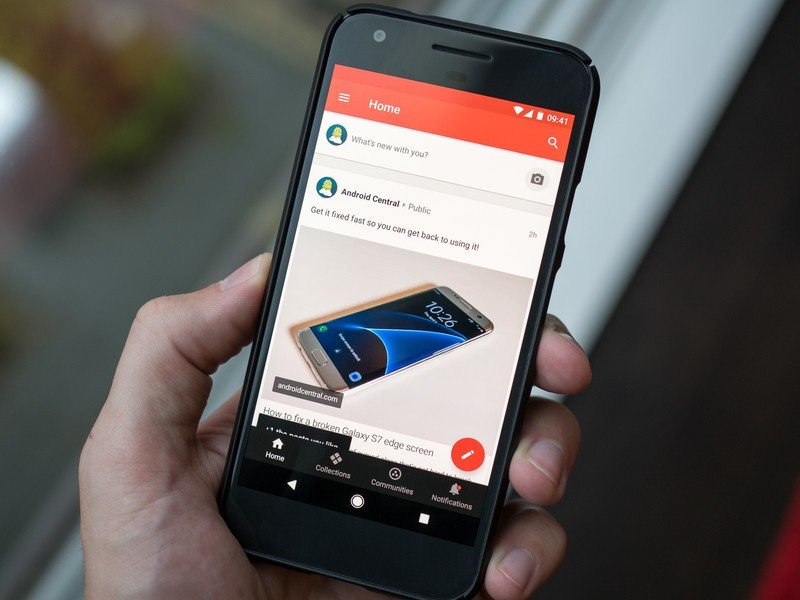
Oh, Google+. Launched back in 2011, Google's social network never really caught on the way the company was likely hoping for, but there's also no doubt that it was sort of the go-to social network for talking about Android and other tech topics (at least for a while).
Google+ hadn't been making any real progress or headway for a while, but following two major data breaches in 2018, it was announced that the failed social network would be shutting down for consumer access in April 2019.
It's honestly impressive that Google+ stuck around as long as it did, and while it still exists for enterprise use, the version that we all knew (and probably didn't love) has officially bid farewell.
A Google-run social network seems like something that should have been a huge success, and in an alternate universe, it probably is. For us, though, it's now just a distant memory we'll tell our kids stories about.
Google launches Stadia
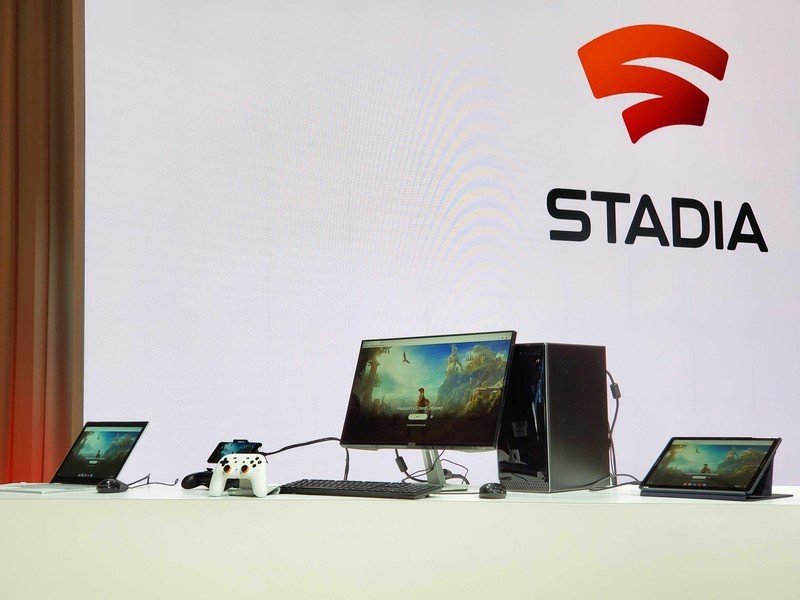
While one big Google service was killed off in 2019, another one was born. This is the year that Stadia — Google's game streaming service — entered the market. To put things nicely, Stadia's launch was... rocky.
The idea behind Stadia is incredible. In theory, it allows you to play console and PC video games anywhere you want, be it your TV, laptop, or smartphone. All you need is an internet connection, a controller, and you're off to the races. At least that's what we thought.
Stadia's actual launch ended up being a bit of a trainwreck. The game library was tiny, the only phones to support it were Google's Pixel devices, you had to have the "wireless" controller plugged into a phone in order to play, many of the advertised features weren't ready, you had to buy a $129 bundle to get access, etc., etc.
Google's gradually improving the user experience and tying all of the loose ends together, but there's no doubt that people who got Stadia at launch were treated to something they weren't expecting. We're excited for the potential Stadia has and where it can go in the future, but its presence in 2019 left a lot to be desired.
First foldable phones
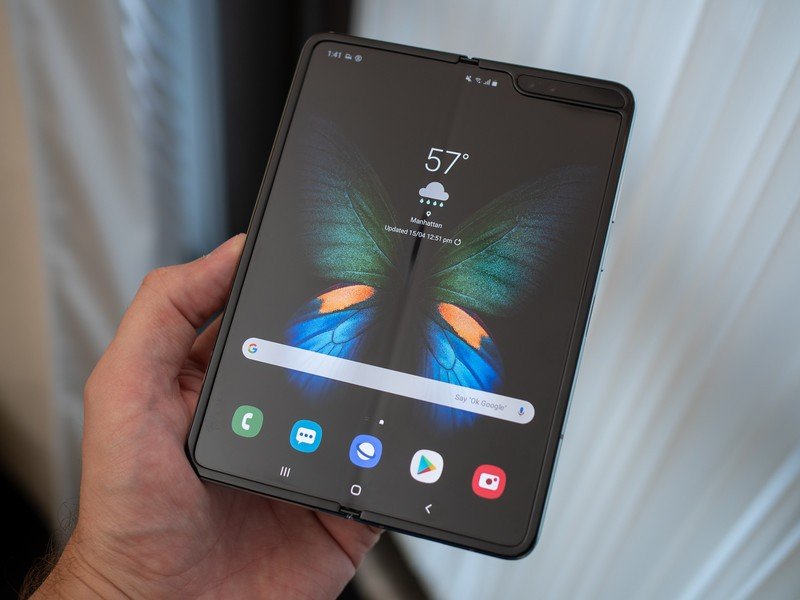
A lot of people seem to be of the mindset that smartphones are boring, but 2019 proved that that simply isn't the case. Why? It was the year of foldables.
The very first folding phone to hit the market, the Royale FlexPai, wasn't exactly the foldable future we'd been hoping for, but between the Samsung Galaxy Fold and Huawei Mate X, companies proved to us that folding smartphones are real and here to stay. Motorola also unveiled its first foldable that's launching in 2020, the Motorola RAZR.
Foldable phones are far from perfect, with the main complaints revolving around durability, but the fact that these even exist in the first place is damn exciting.
These devices made us completely rethink what a "smartphone" is, and they're likely setting the groundwork for the next decade of phones that we see.
First 5G phones
Another "first" that 2019 was home to was the birth of 5G phones. 5G as a whole still has a lot of quirks that need to be ironed out before it's as widely available and reliable as 4G LTE, but that shouldn't downplay the importance of the first batch of 5G-capable phones hitting the market.
While buying a 5G phone in 2019 didn't make a lot of sense for most people, they did give consumers a way to access newly-launched 5G service if their carrier provided it. We saw a lot of big names jump on the 5G bandwagon, including the likes of Samsung, LG, and even OnePlus here in the U.S.
5G's bound to become more mainstream in 2020, but only because of the 5G phones released in 2019. These devices allowed manufacturers to see how the new wireless tech affected their hardware in day-to-day use, and with that knowledge, they'll be able to go into 2020 with better-performing and longer-lasting handsets that can connect to 5G without compromising the rest of the user experience.
Pixel 3a and Pixel 4 launched
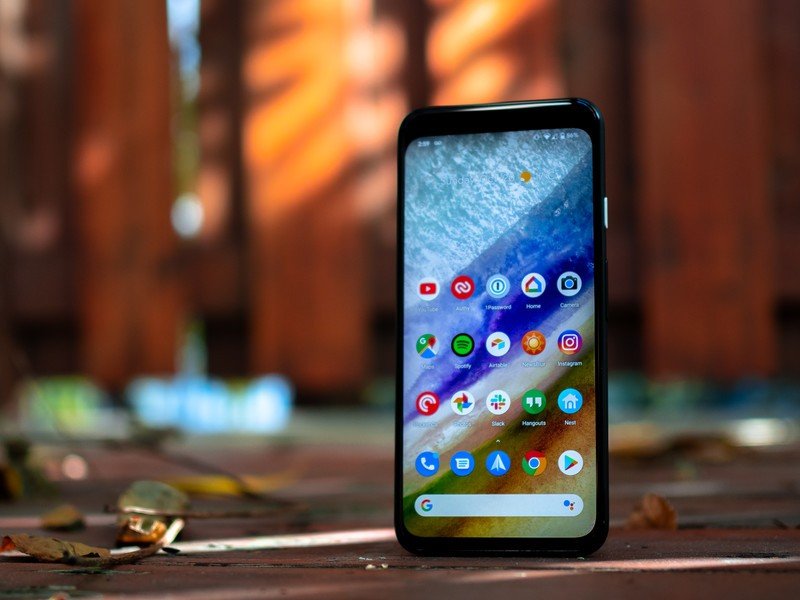
As far as Google's Pixel series goes, 2019 was a bit of a rollercoaster.
May 2019 saw the release of the Pixel 3a, Google's first mid-range Pixel phone. It received hugely positive reviews from critics and consumers alike, with some of the highlights being its OLED display, reliable performance, and the 12.2MP rear camera that was virtually on the same level as the flagship Pixel 3. With a starting price of just $399, it stood out as one of the year's best values.
Then, in October 2019, we got the Pixel 4. Its reception was, well, not as positive as the 3a's. While the Pixel 4 brought a lot to the table, namely its dual rear cameras and 90Hz display, the embarrassingly bad battery life put a grey cloud over the entire package.
-Joe Maring

